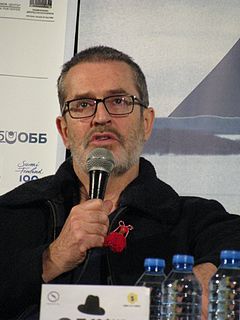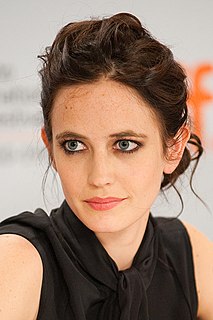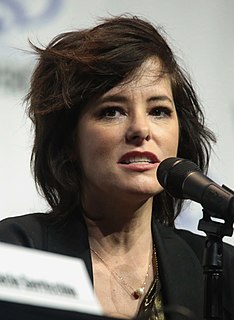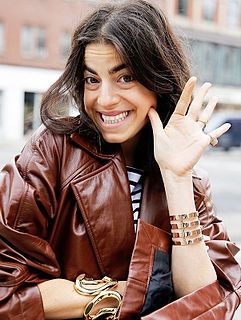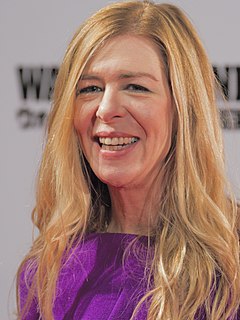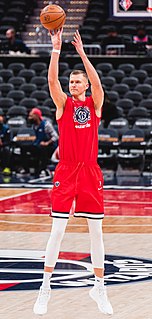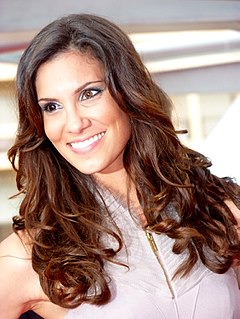A Quote by Imogen Poots
The business is so international now; you'll be working on an American film, and you'll start chatting to someone, and it's like: 'Oh, you're English, too.'
Related Quotes
One of the things that I love when I go to a film or when I'm reading some book or whatever, is to be told a secret I thought only I knew and then someone says, "Oh my gosh, you know, too." And film can take us into private moments in a way that the theater, I think, kind of can't, and that's one of the reasons I like doing films. And the way a book can is that these little secrets and the private things that go on in our minds that maybe we haven't shared with anyone, and then someone writes it or shows it to you in a film, you think, "Oh, that's me. Oh my God, that's me, I have that secret."
My favourite film-maker west of the English Channel is not English - but to me doesn't seem American either - David Lynch - a curious American-European film-maker. He has - against odds - achieved what we want to achieve here. He takes great risks with a strong personal voice and adequate funds and space to exercise it. I thought Blue Velvet was a masterpiece.
I'd rather be thought as an international actress rather than a French one. Because I don't know what's coming up for me, my ambition is not to be typecast. So I'm working on my English accent, as well as my American one. I don't want to be like 'Okay, I'm French, and I want to succeed in Hollywood!'
In any film business, if you're trying to get your next film made, you would never say, 'Oh, my last film was a cult film.' I'd say, 'Oh, great, well I hope this one isn't!' I always say to Johnny Knoxville, 'How do you do it? You sort of do the same thing we did, except you made millions, and I made hundreds.'




